|
HUPO Awards - 2022 recipientsWe are pleased to announce the winners of the HUPO Awards. These awards are presented annually at the world congress and recognize the outstanding efforts and achievements of individuals or groups in the field of proteomics. We gratefully acknowledge the support of Journal of Proteome Research (ACS Publications), Clinical Proteomics (BioMed Central/Springer Nature) and the HUPO Industrial Advisory Board (IAB) as sponsors of the 2022 awards. DISTINGUISHED ACHIEVEMENT IN PROTEOMIC SCIENCES AWARD The Distinguished Achievement in Proteomic Sciences Award recognizes a scientist for distinguished scientific achievements in the field of proteomic science. Sponsored by the Journal of Proteome Research (ACS Publications)Alexey Nesvizhskii, University of Michigan, Michigan, USA
DISCOVERY IN PROTEOMIC SCIENCES AWARD The Discovery in Proteomic Sciences Award recognizes a scientist for a single discovery in the field of proteomics. Bogdan Budnik and Nikolai Slavov
Nikolai Slavov is an Allen Distinguished Investigator and associate professor at Northeastern University in the Bioengineering Department and Barnett Institute. His lab has pioneered multiplexed experimental approaches for quantifying proteins in single cells, both by data dependent and data independent acquisition methods. His research team has applied these methods to characterize macrophage polarization, emergence of drug resistance priming, and early mammalian development. The group is developing new computational methods for analyzing single-cell proteogenomics data. Prof. Slavov organizes the annual single-cell proteomics conference (single-cell.net/) and contributes to organizing other leading conferences, including Oxford Global, NeurIPS, and others. The Slavov lab obtained direct evidence for a new regulatory mechanism of protein synthesis (ribosome specialization) and continues to drive research in this emerging field. Research from the Slavov lab has been recognized and supported by many prestigious awards, including the Allen Distinguished Investigator Award, the NIH Director’s Award, the Chan Zuckerberg Initiative, and iAward from Sanofi. Nikolai Slavov received BS from MIT in 2004, a PhD from Princeton University (Botstein laboratory) in 2010 and conducted postdoctoral research in the van Oudenaarden laboratory at MIT CLINICAL AND TRANSLATIONAL PROTEOMICS AWARD The Clinical and Translational Proteomics Award recognizes a scientist in the field of clinical and translational proteomics. Sponsored by Clinical Proteomics (BioMed Central/Springer Nature) Connie Jimenez, Amsterdam University Medical Center, Amsterdam, The Netherlands 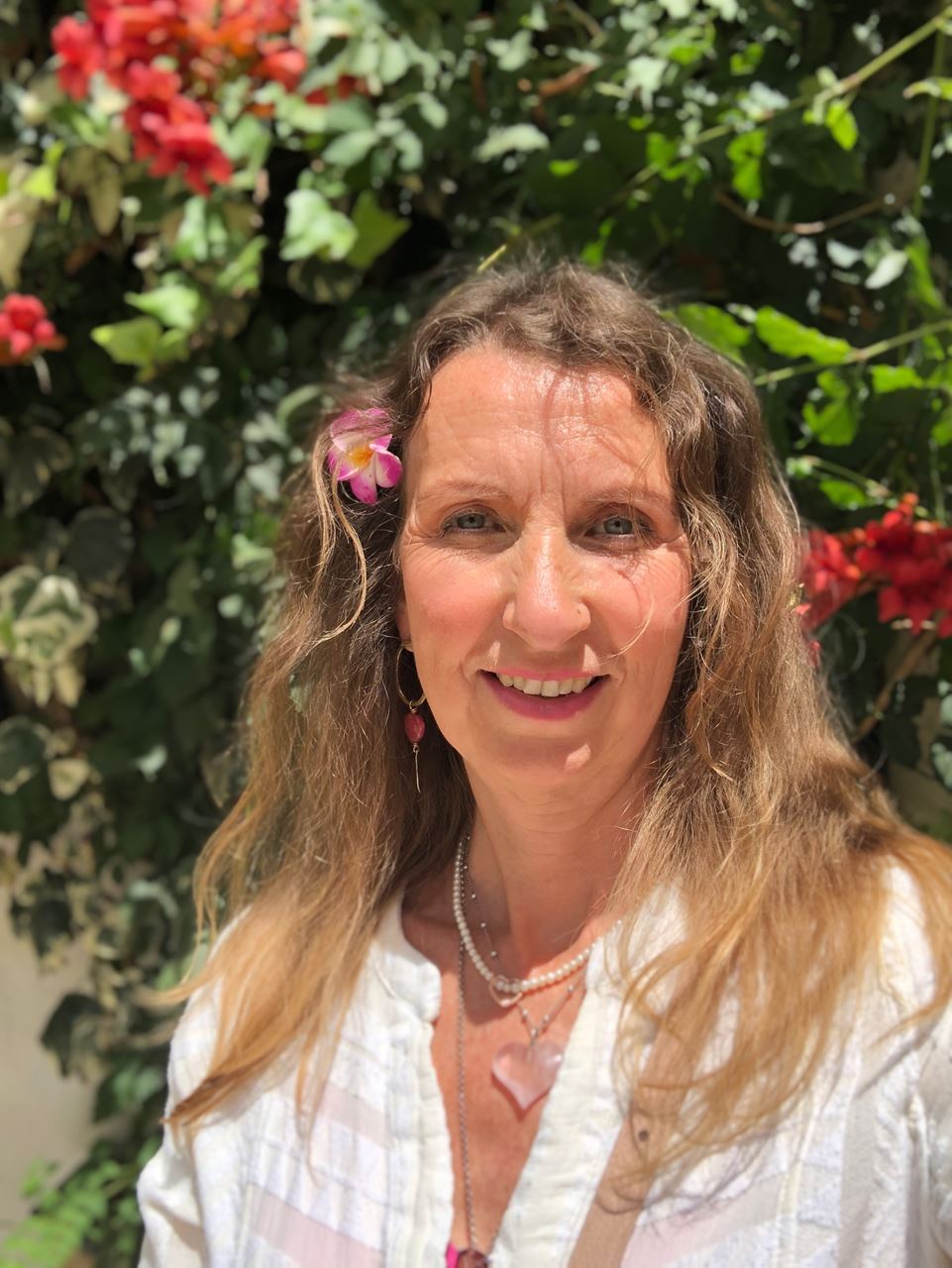 Connie Jimenez is Professor of Translational OncoProteomics at the Amsterdam University Medical Center in The Netherlands, where she is heading the OncoProteomics Laboratory as well as the Proteomics Core Facility. Connie Jimenez is Professor of Translational OncoProteomics at the Amsterdam University Medical Center in The Netherlands, where she is heading the OncoProteomics Laboratory as well as the Proteomics Core Facility.She is a biologist who pioneered neurobiological applications of mass spectrometry in the 90ies, during her PhD at the Vrije Universiteit in Amsterdam. During her post-doc in the Burlingame lab at UCSF, San Francisco ((1997-1999), she applied proteomics to study neuron differentiation. Her research focus since then has remained on the global analysis of the functional building blocks of life, i.e., the proteins which activity and functions are highly deranged in disease. In 2006, she founded the OncoProteomics Laboratory (www.oncoproteomics.nl) with a start-up grant of the Cancer Center Amsterdam. Her lab’s mission is to apply innovative mass spectrometry-based proteomics and data analysis to obtain systems biology insights into disease and to improve early diagnostics and treatment, most notably of cancer and neurodegenerative disease. Her work over the past 15 years underlines the power of label-free clinical proteomics for candidate biomarker and target discovery, and the development of innovative phosphoproteomics-based approaches for personalized medicine. To increase the translational value of proteomics, she supports sharing of data, analysis tools, and scripts and her lab built a web resource for phosphoproteomics data analysis(www.inkascore.org ). To date, Dr. Jimenez (co)authored > 200 scientific peer reviewed articles. Underscoring her (inter)national esteem, she founded the Netherlands Proteomics Platform in 2000 and is member of its steering board, she is general council member of the European Proteomics Association since 2005 and elected Vice-President 2021-2023, she chairs the EuPA mentoring committee, and she is co-chair of the Cancer HPP project of the Human Proteome Organisation. In the latter capacity, she is heading a multi-lab effort, bringing together a 1000+ pan-cancer proteome atlas (TCPA) based on single shot data-independent acquisition mass spectrometry. Finally, she is editorial board member of several leading proteomics journals (Molecular and Cellular Proteomics, Journal of Proteomics, Proteomics, Proteomics Clinical Applications, Clinical Proteomics). SCIENCE AND TECHNOLOGY AWARD The Science and Technology Award recognizes an individual or a team in private industry for the commercialization or (not necessarily) the invention of products, technologies or procedures which had the demonstrated effect in enabling proteome researchers to advance their science. Sponsored by the Industrial Advisory Board (IAB) Daniel Hornburg, SEER Inc., Redwood City (CA), USA 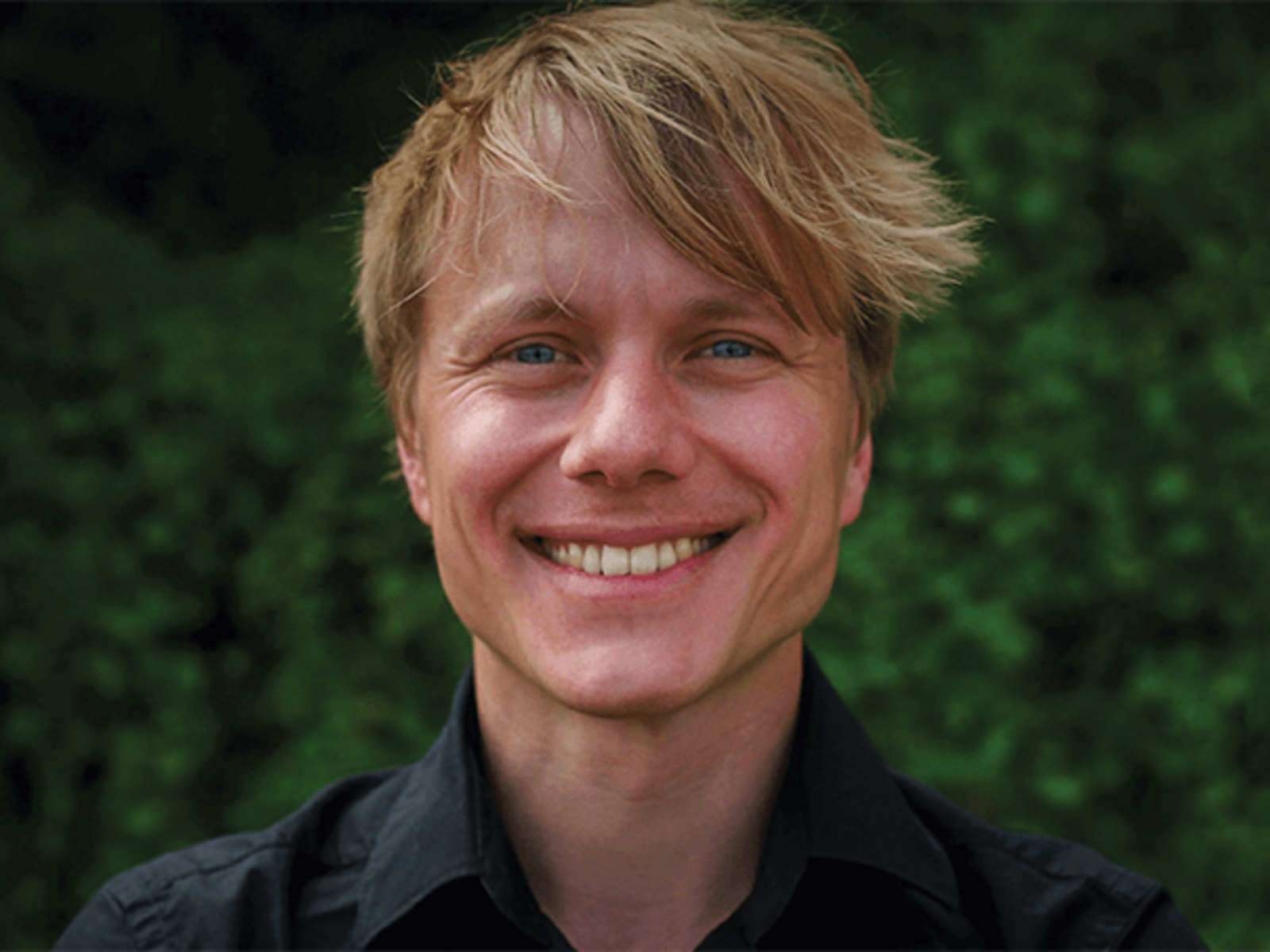 Daniel Hornburg is the HUPO 2022 Proteomics Science and Technology Award winner for his interdisciplinary research on nano-bio interactions, which comprise the fundamental principles enabling the unprecedented performance of Seer’s ProteographTM Product Suite. At Seer, Daniel drives interdisciplinary research and technology development and is a lead author on Seer’s seminal technology papers, published in PNAS, Nature Communications, and Advanced Materials. Seer’s propriety engineered super paramagnetic nanoparticles are the core of Seer’s Proteograph Product SuiteTM that enables automated, deep, unbiased access to the entire dynamics range of proteomes at scale and was launched in January 2022. Peptides generated by Proteograph workflow are compatible with any LC-MS methods and acquisition mode making it versatile and synergistic to downstream improvements. Daniel and his team, investigate nano-bio interactions and showed the predictability of nanoparticle-corona compositions from basic physicochemical features using machine learning. His team also has demonstrated that enhanced competition at the nano-bio interface significantly improves capture of low-abundance proteins from complex biosamples with high precision. Together, this fundamental understanding is a prerequisite to expands the application space of nanoparticles enabling rational designs tailored to further enhance deep access to proteomes, interrogate specific sets of low-abundant proteins, biological pathways, or other molecular classes empowering large scale, deep multi-omics insights. In summary, Proteograph Product SuiteTM is enabling researchers to perform unbiased, deep, and rapid interrogation of the plasma proteome and other biofluids and has demonstrated its application in large-scale studies to detect novel, clinically relevant insights. As VP of Proteomics at Seer, Daniel leads a cross-functional team developing and deploying transformative solutions for multi-omics research at the intersection of bioinformatics, mass spectrometry, and nanotechnology. Daniel did his PhD with Matthias Mann at the Max Planck Institute of Biochemistry where he investigated proteome perturbations in neurodegenerative disorders such as ALS, and Alzheimer’s disease. He continued his postdoctoral research in Mann’s lab working with Felix Meissner, on computational immunoproteomics investigating the intricate communication network of immune cells and host-pathogen interactions. He later joined Mike Snyder’s laboratory at Stanford working on mass spectrometry-based multi-omics (proteins, lipids, and metabolites), developing and integrating analytical and computational strategies to interrogate the dynamic multi-omics landscape of metabolic disorders. RISING STAR AWARD This career achievement award is designed to recognize early career researchers who have had an exceptional impact on the proteomics field and community. This impact can take the shape of publications, patents obtained, development of a commercial product, establishment of a course, training program, workshop or any other contributions or service to the field of proteomics. Sponsored by the HUPO Early Career Researcher (ECR) Committee. Ling Hao, George Washington University, Washington (DC), USA
|

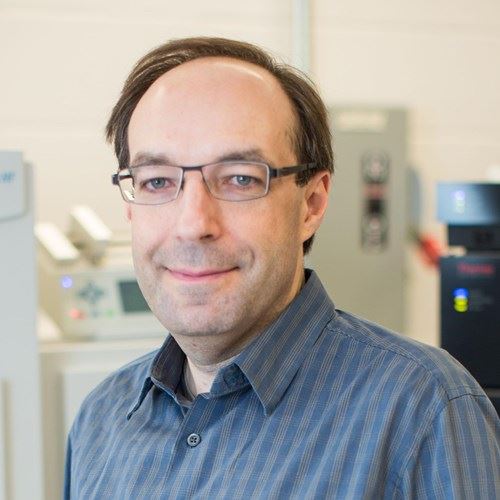 Since 2002, Alexey Nesvizhskii has endeavored to provide a computational framework for the analysis and evaluation of proteomics data, creating multiple widely used algorithms and software tools that enable users worldwide to better interpret proteomics experiments. His work has significantly contributed to an improvement in the rigor of proteomics data interpretation, increasing the quality and reproducibility of proteomics and proteogenomics studies. In particular, Alexey has developed innovative computational strategies and concepts for peptide identification confidence assessment (implemented in PeptideProphet, iProphet), protein inference (ProteinProphet), post-translational modification site localization (LuciPHOr), differentially expressed protein assessment (QSpec), and direct (library-free) Data Independent Acquisition quantitative proteomics (DIA-Umpire). More recently, he developed a novel fragment ion indexing method and implemented it in the ultrafast peptide identification tool MSFragger. MSFragger-powered FragPipe quickly gained popularity as a fast and easy-to-use computational platform capable of processing even the most challenging proteomics, glycoproteomics, chemoproteomics, or immunopeptidomics datasets. In the field of interaction proteomics, he co-developed the Significance Analysis of INTeractome (SAINT) suite of software tools and the Contaminant Repository for Affinity Purification (CRAPome). Importantly, most of these computational methods and tools were first-in-class, providing elegant solutions to significant problems that remained unsolved to that point. Lastly, he has written multiple important commentaries and contributed to the development of guidelines to improve proteomics quality and reporting, including in the field of proteogenomics, and developed training modules introduced at many major proteomics conferences. All of his tools are freely available to academic scientists.
Since 2002, Alexey Nesvizhskii has endeavored to provide a computational framework for the analysis and evaluation of proteomics data, creating multiple widely used algorithms and software tools that enable users worldwide to better interpret proteomics experiments. His work has significantly contributed to an improvement in the rigor of proteomics data interpretation, increasing the quality and reproducibility of proteomics and proteogenomics studies. In particular, Alexey has developed innovative computational strategies and concepts for peptide identification confidence assessment (implemented in PeptideProphet, iProphet), protein inference (ProteinProphet), post-translational modification site localization (LuciPHOr), differentially expressed protein assessment (QSpec), and direct (library-free) Data Independent Acquisition quantitative proteomics (DIA-Umpire). More recently, he developed a novel fragment ion indexing method and implemented it in the ultrafast peptide identification tool MSFragger. MSFragger-powered FragPipe quickly gained popularity as a fast and easy-to-use computational platform capable of processing even the most challenging proteomics, glycoproteomics, chemoproteomics, or immunopeptidomics datasets. In the field of interaction proteomics, he co-developed the Significance Analysis of INTeractome (SAINT) suite of software tools and the Contaminant Repository for Affinity Purification (CRAPome). Importantly, most of these computational methods and tools were first-in-class, providing elegant solutions to significant problems that remained unsolved to that point. Lastly, he has written multiple important commentaries and contributed to the development of guidelines to improve proteomics quality and reporting, including in the field of proteogenomics, and developed training modules introduced at many major proteomics conferences. All of his tools are freely available to academic scientists.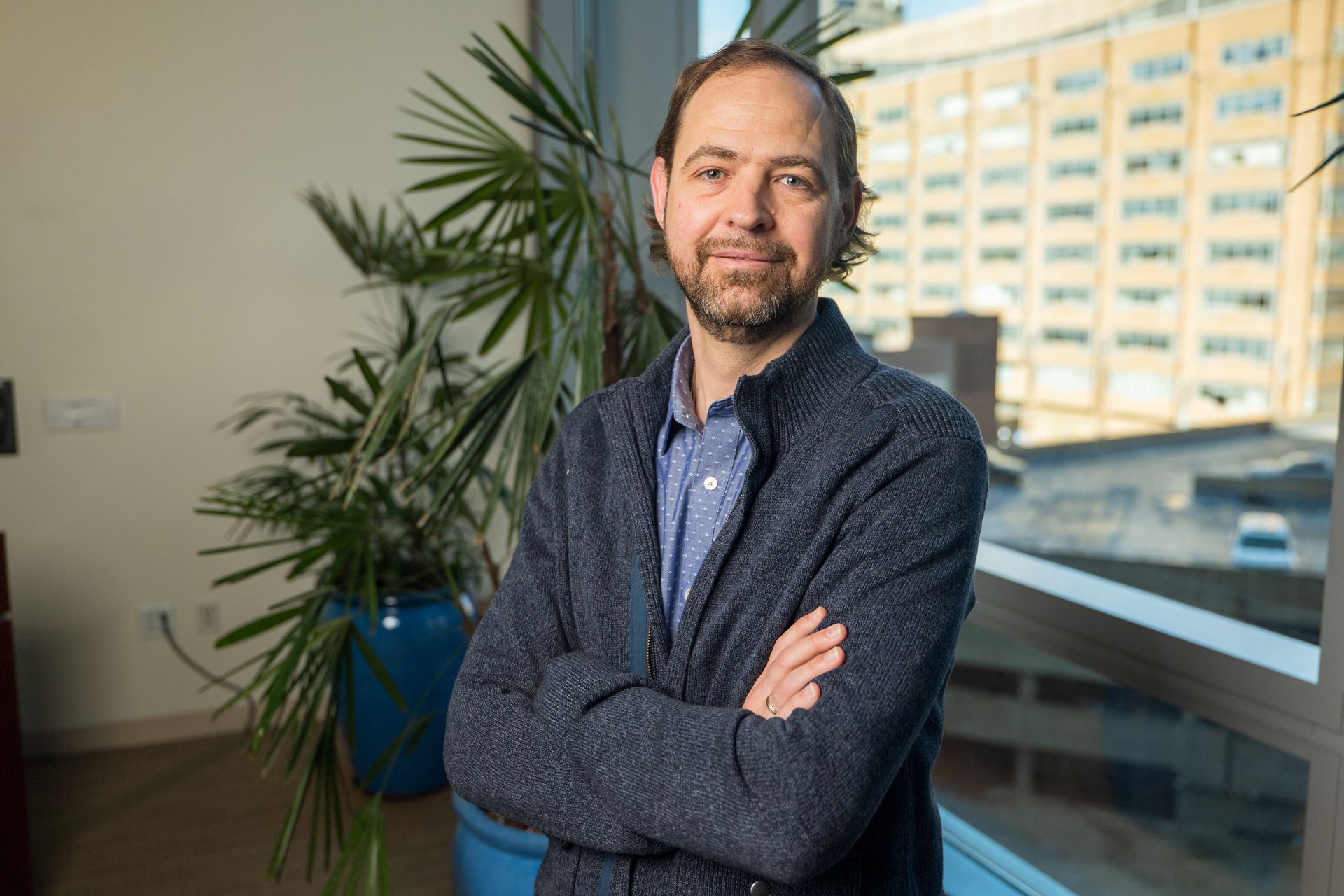 Bogdan Budni
Bogdan Budni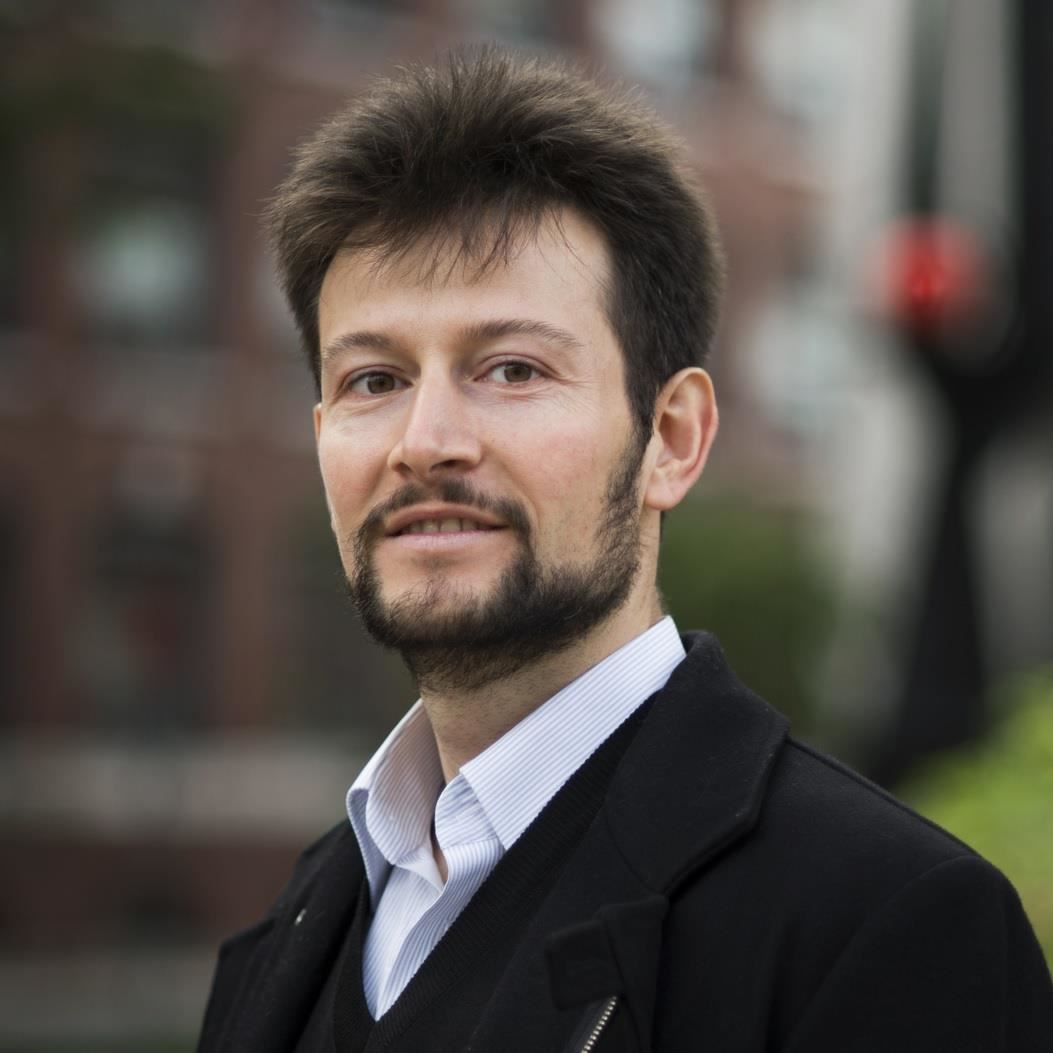
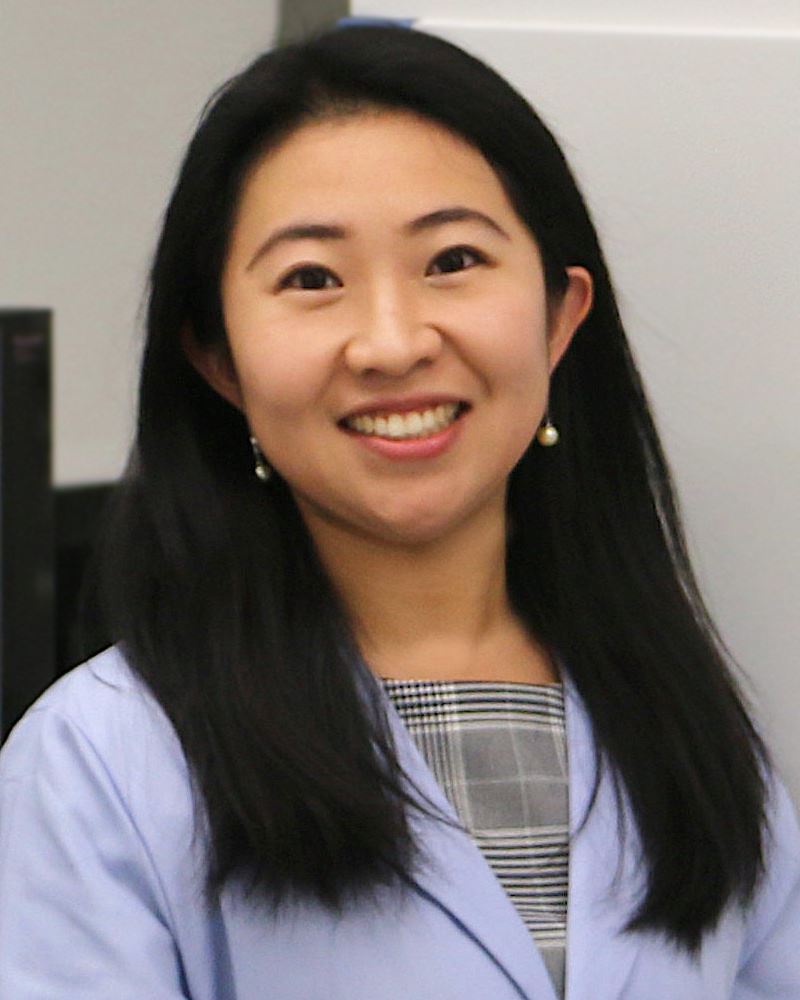 Dr. Ling Hao is an Assistant Professor of Chemistry at the George Washington University in Washington D.C. She started her independent academic career in 2019 and her lab is focused on developing mass spectrometry techniques in human stem cell-derived neurons, in combination with cell biology and bioinformatics to study organelle dynamics and molecular mechanisms underlying brain diseases. She received her PhD from the University of Wisconsin-Madison in Dr. Lingjun Li’s group and completed her postdoctoral training at the National Institutes of Health/National Institute of Neurological Disorder and Stroke (NIH/NINDS) in Dr. Richard Youle’s group and Dr. Michael Ward’s group. She has received a Ralph E Powe Junior Faculty Enhancement Award from Oak Ridge Associated Universities, an NIH R01 grant, and GW UFF and CDRF grants to support her research in developing novel proteomic methods to study lysosomal and mitochondrial dysfunctions in neurodegeneration. She has been recognized as an Emerging Investigator by the Journal of American Society for Mass Spectrometry in 2021, a Young Investigator Award by the Chinese American Society for Mass Spectrometry, the Five of the Future Alumni Rising Stars by UW-Madison, and a Rising Star Award by the Human Proteome Organization in 2022.
Dr. Ling Hao is an Assistant Professor of Chemistry at the George Washington University in Washington D.C. She started her independent academic career in 2019 and her lab is focused on developing mass spectrometry techniques in human stem cell-derived neurons, in combination with cell biology and bioinformatics to study organelle dynamics and molecular mechanisms underlying brain diseases. She received her PhD from the University of Wisconsin-Madison in Dr. Lingjun Li’s group and completed her postdoctoral training at the National Institutes of Health/National Institute of Neurological Disorder and Stroke (NIH/NINDS) in Dr. Richard Youle’s group and Dr. Michael Ward’s group. She has received a Ralph E Powe Junior Faculty Enhancement Award from Oak Ridge Associated Universities, an NIH R01 grant, and GW UFF and CDRF grants to support her research in developing novel proteomic methods to study lysosomal and mitochondrial dysfunctions in neurodegeneration. She has been recognized as an Emerging Investigator by the Journal of American Society for Mass Spectrometry in 2021, a Young Investigator Award by the Chinese American Society for Mass Spectrometry, the Five of the Future Alumni Rising Stars by UW-Madison, and a Rising Star Award by the Human Proteome Organization in 2022.
.png)
















